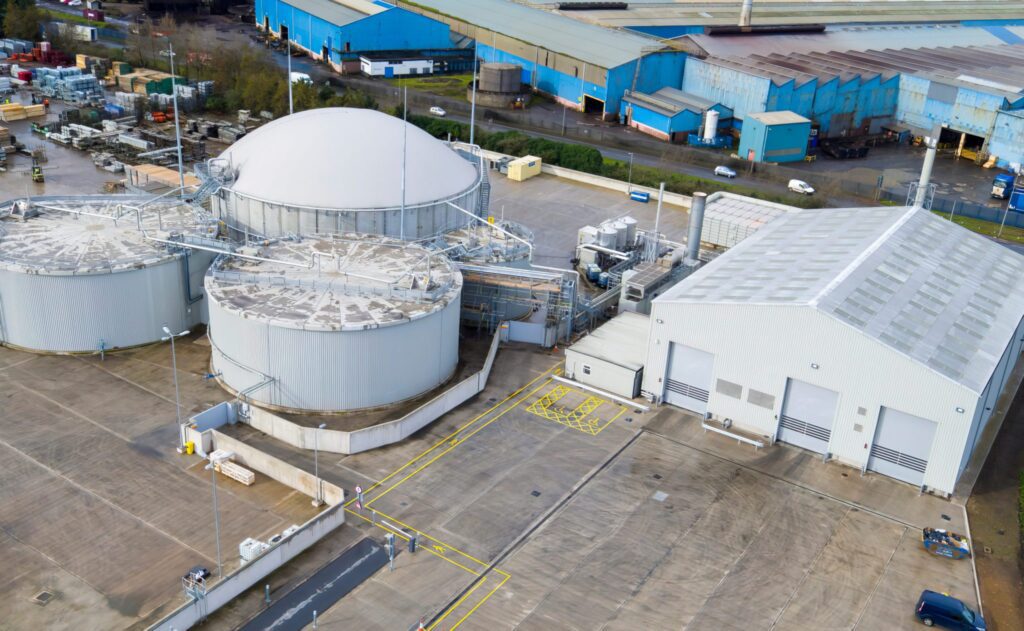Lorem ipsum dolor sit amet, consectetur adipiscing elit. Ut elit tellus, luctus nec ullamcorper mattis, pulvinar dapibus leo.
California’s Senate Bill 1383 (SB 1383) represents a landmark effort to combat climate change and reduce greenhouse gas emissions by targeting organic waste. The legislation, signed into law in 2016, aims to significantly decrease the amount of organic waste sent to landfills and promote sustainable waste management practices statewide. Here’s a comprehensive guide to understanding SB 1383 and its implications:
What is SB 1383?
SB 1383 is a California state law that sets ambitious targets for reducing organic waste disposal and methane emissions. The legislation mandates actions to divert organic waste from landfills, increase composting and anaerobic digestion capacity, and ensure that organic waste is recycled into beneficial products such as compost, bioenergy, and soil amendments.
Key Provisions of SB 1383:
Organics Recycling Mandate: SB 1383 requires all jurisdictions in California to implement organic waste recycling programs for residents, businesses, and institutions. This includes separate collection of organic waste, such as food scraps, yard trimmings, and paper products, from other types of waste.
Edible Food Recovery: The law mandates efforts to recover edible food for redistribution to people in need. Businesses generating a specified amount of organic waste are required to donate surplus edible food to food banks or other organizations for human consumption.
Food Recovery Infrastructure: SB 1383 allocates funds for the development of infrastructure to support food recovery efforts, including food donation, storage, and transportation facilities.
Regulation of Organic Waste Processing Facilities: The law establishes regulations for organic waste processing facilities, including composting and anaerobic digestion facilities, to ensure compliance with environmental standards and emissions reductions.
Implementation Timeline:
SB 1383 includes phased implementation deadlines to allow jurisdictions and stakeholders time to adjust to the new requirements:
- January 1, 2022: Initial deadline for jurisdictions to have organic waste collection programs in place.
- January 1, 2024: Full implementation deadline for edible food recovery programs.
- January 1, 2025: Deadline for achieving 75% reduction in organic waste disposal compared to 2014 levels.
- January 1, 2025: Deadline for procurement of specified organic waste products by state agencies.
Compliance and Enforcement:
The California Department of Resources Recycling and Recovery (CalRecycle) is responsible for overseeing compliance with SB 1383 and enforcing its provisions. Non-compliance may result in penalties, fines, or other enforcement actions.
Benefits of SB 1383:
- Reduced Methane Emissions: By diverting organic waste from landfills, SB 1383 helps reduce methane emissions, a potent greenhouse gas.
- Resource Recovery: Recycling organic waste into compost and other beneficial products helps conserve natural resources and promote soil health.
- Food Recovery and Hunger Relief: Edible food recovery efforts contribute to reducing food waste and addressing food insecurity in communities across California.
Conclusion:
SB 1383 represents a significant step forward in California’s efforts to combat climate change, reduce waste, and promote sustainable resource management. By mandating organic waste recycling, food recovery, and emissions reductions, the law aims to achieve lasting environmental benefits while fostering a more resilient and equitable future for all Californians. As implementation progresses, continued collaboration among stakeholders will be essential to realizing the full potential of SB 1383 and building a more sustainable waste management system statewide.



